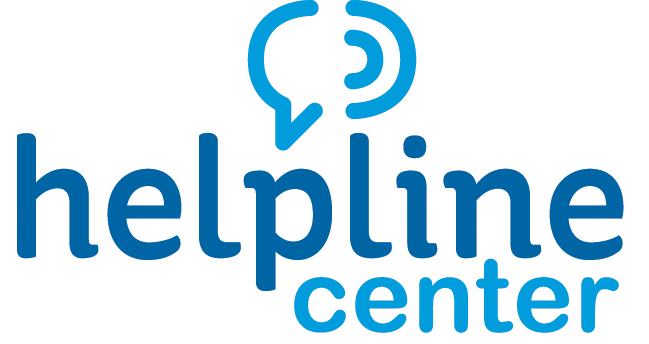What to do When a Loved One Dies
When a loved one dies you may feel overwhelmed with the logistical responsibilities that come after someone has passed. There are many things to tend to that require attention to detail. You can use this list as a guide to ease some of the burden and still meet the wishes of the deceased.
Immediately After a Loved One Dies
- Follow wishes of loved ones regarding organ donation.
- Generally, the healthcare provider or facility will have this information and will be able to guide you through this process.
- If the person who died was a veteran, find or request a copy of the DD214 (Date of Discharge) form. The County Veterans’ Service Officer can assist with this, and may have information on other benefits you could be eligible for.
- Start a call chain to notify close friends and family.
- You can ask closer relatives to make additional calls for you.
- It is best not to post about the passing on social media until you know all necessary family and friends have been told personally.
- Other people to notify:
- Religious or spiritual leader
- Employer and other business associates. Ask them to cancel any appointments.
- If not already in place, make arrangements for the deceased’s children, dependent adults, and pets to be cared for and for someone to look after the deceased’s home.
- Take some time to mourn and address your own emotional needs. If possible, find a support person who is not also grieving to help you.
Days After Death
Once the immediate needs are addressed, the process can be more flexible, and often depends on the deceased’s preferences, circumstances, and religious observances.
- Find the person’s estate planning documents, and look for any burial plan or directives for a funeral.
- If not able to be done ahead of time, make funeral preparations.
- Contact people who will help arrange the service, including:
- Religious leaders
- Family members
- Vendors for flowers
- Funeral home
- Veteran services (if deceased was a veteran)
- Consider asking someone to watch over the home during the funeral service as a precaution against potential property crimes.
- Contact people who will help arrange the service, including:
- Get a legal certification of death.
- Work with a funeral director to obtain this.
- You may need more than one certification. Some institutions (i.e. banks, insurance companies or others) will require a certified copy to handle the decedent’s accounts. Contact each to see if they will accept a photocopy instead.
- Schedule an obituary.
- A funeral director will notify the local newspaper of the death. There is generally a cost per size to publish an obituary; you may choose to keep it limited and direct people to the funeral home’s website for information about location for services, donations, flowers, etc.
- Keep records of all payments for funeral and other expenses.
The Weeks Following Death
After the funeral, the tough process of estate administration begins.
- Contact an estate/probate attorney to begin the probate court processes and determine who will act as executor.
- Identify and value assets, contact creditors and insurers, including but not limited to:
- Filing final tax returns
- Paying off final expenses
- Securing bank accounts
- Getting insurance, social security, and veteran benefits to surviving family members
- Addressing real estate issues and utility payments
- Look into employment benefits
- Have the post office forward mail to the person taking care of estate matters.
- This will help catch any outstanding bills or accounts of the deceased
- Do not pay any of the deceased’s debts until an attorney discusses this with the family.
- Other items of consideration:
- Call DMV to cancel driver’s license
- Cancel E-mail and any website accounts
- Cancel any memberships
- Cancel any credit cards
- Cancel any automatic payments
- End insurance coverage – home, auto, health – on the deceased
- Notify the County to cancel voter registration
The Weeks, Months and Years Following a Death
Taking care of the practical and legal aspects of a loved one’s death does not mean your grief will be resolved. It is important to remember that we deal with grief in our own ways, and in our own time. But we do not have to struggle through this alone. When it seems too hard to cope, call 2-1-1 at any time to reach a trained staff member at the Helpline Center who can offer you support and resources.
If your loved one’s death was by suicide, please call 2-1-1 and ask for the Survivor Support Program.
For more information on what to do after a loved one’s death, call 211 or search our online database:
- www.helplinecenter.org/2-1-1
- Enter your Zip Code
- Select Government category – for Social Security and other government needs
- Select Mental Health category – for grief counseling
- Select Special Populations category – for Veteran information
Sources:
- AARP When Someone dies https://www.aarp.org/home-family/friends-family/info-06-2012/when-loved-one-dies-checklist.html
Disclaimer: This HelpSheet is developed by the Helpline Center. HelpSheets provide a brief overview of the designated Topic. For more information, call 211 or text your zip code to 898211.
Updated: April 2024






